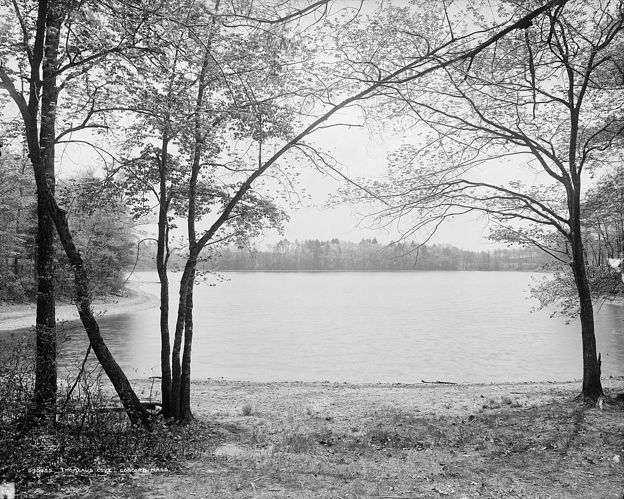In the LA Review of Books, Jean-Thomas Tremblay reviews two recent books that examine how climate change and widespread environmental devastation have reshaped “eco-poetry” in North America: Recomposing Ecopoetics: North American Poetry of the Self-Conscious Anthropocene by Lynn Keller, and Remainders: American Poetry at Nature’s End by Margaret Ronda. As Tremblay notes, climate change has forced eco-poets to reconsider the lyrical reverence of untouched nature that marked much of Northern American poetry up through the twentieth century. Instead, these volumes show that eco-poets have adopted a range of new poetic strategies to confront nature in the Anthropocene, from efforts to preserve in poetry what has been lost, to unsparing and mournful depictions of despoiled landscapes. Read an excerpt from Tremblay’s review below:
The term “ecopoetics” designates only the most recent cluster of texts in a larger archive that Ronda frames as the poetry of the Great Acceleration. The Great Acceleration begins in 1945 with rapid, deleterious planetary changes, including a spike in CO2 emissions, biodiversity loss, and ocean acidification. Though many environmental shifts associated with the Great Acceleration precede 1945, the year marks the start of scaled-up capitalist extraction and expansion. Ronda further divides the Great Acceleration into three moments, investigated in the chronologically ordered chapters. The 1950s’ “Golden Age of Capitalism” occasions new kinds and scales of post-consumer waste as well as uneven urban and rural development. The 1960s and 1970s witness economic destabilization and the rise of a revolutionary politics that comprises an ecological agenda. And in the 2000s discourses of the Anthropocene prevail.
Paralleling Keller’s interest in an ecopoetics that considers nature writing now unsustainable, Ronda tracks adaptations to the obsolescence of an external concept of nature — nature that’s out there, beyond our reach. The end of nature doesn’t imply its wholesale disappearance. Nature is converted into traces or, in Ronda’s idiom, remainders. Adapted from Benjamin and Adorno, the concept of the remainder traffics between ecology, history, and form to capture remnants of capitalist circuits of production, circulation, and consumption. The remainder designates phenomena that range from the expected (emissions, toxic waste, and melting glaciers) to the more surprising (life in segregated neighborhoods, poetry itself).
Ronda’s expansive rubric of the remainder has the advantage of accentuating the ecological resonance of poems by figures not traditionally situated within ecological circles. Gwendolyn Brooks’s poetry, for instance, Ronda argues, “details how black lives in the postwar period were dictated by […] the ‘involuntary plan’ — urban restructuring and geographical circumscription of black neighborhoods, along with their accompanying environmental effects.” Yet Ronda absorbs all dynamics of inequality and oppression under economics. Brooks’s “poems, with their folk forms, detail an emergent history of racism and impoverishment as environmental conditions, a key dimension of the Great Acceleration,” she writes, subordinating anti-racism and environmentalism to a critique of capitalism. Ronda’s framing attenuates the intersectional potential of the environmental justice paradigm. Intersectionality reveals the concurrent operation of oppressive dynamics without claiming any given one as more significant, or worthier of our attention, than the others.
Image: Walden Pond in Concord, Massachusetts, USA. Via Wikipedia.
